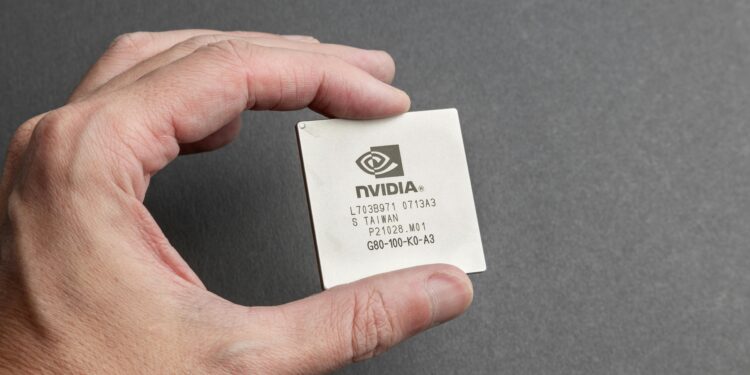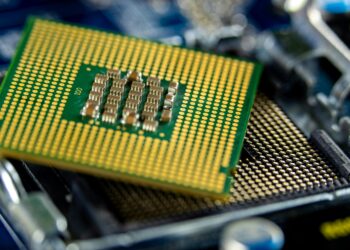Proposed Agreement Would Expand Saudi Access to Nvidia, AMD Semiconductors While Seeking Safeguards Against Chinese Diversion
The Trump administration is reportedly finalizing a landmark deal that would grant Saudi Arabia expanded access to cutting-edge artificial intelligence (AI) chips, a move that could dramatically bolster the Kingdom’s ambitions to become a major tech hub in the Middle East. The agreement, still in early stages, is expected to be announced during former President Donald Trump’s visit to Riyadh this week, according to sources familiar with the matter.
If finalized, the deal would allow Saudi Arabia to purchase advanced semiconductors from leading U.S. firms such as Nvidia and Advanced Micro Devices (AMD). These chips are essential for training and operating AI models, which are the backbone of modern data centers, autonomous systems, and machine learning platforms.
However, the proposed agreement is not without controversy. U.S. officials remain wary that the chips could ultimately be accessed by China — either through diverted shipments or via cloud infrastructure shared by both nations. As a precaution, negotiators are discussing safeguards, including U.S. oversight of data centers using American-made chips in Saudi Arabia.
One proposed solution involves granting the U.S. government the authority to monitor or control access to facilities running on these chips. While the exact terms of such oversight remain unclear, the intention is to prevent the misuse or unauthorized redistribution of sensitive AI technology.
The deal with Saudi Arabia is one of two chip-related accords the Trump team is negotiating as part of a broader plan to reshape export regulations for advanced technology. A similar agreement with the United Arab Emirates is expected to follow during Trump’s regional tour. These initiatives highlight Trump’s more permissive stance on sharing American technology with Gulf allies, in contrast to President Biden’s more cautious approach.
Market reaction to the news was swift. AMD shares reversed premarket losses and rose 0.7%, while Nvidia shares also turned positive, up 0.1% as of early Tuesday trading.
Despite ongoing national security concerns, some officials argue that selective AI chip exports can be done safely with the right controls in place. “We must take aggressive steps to prevent advanced semiconductors from being illegally diverted into China,” said White House AI Adviser David Sacks in a recent post. “But that goal should not preclude legitimate sales to the rest of the world.”
Notably, both Saudi Arabia and the UAE were in negotiations with the Biden administration last year to strike similar accords, but talks stalled after Trump’s election victory. Now, the Gulf nations appear to be aligning with Trump’s administration on a new framework for AI cooperation.
Among the more ambitious ideas under discussion is the creation of “data embassies”—data centers that would be exempt from local laws and governed instead by foreign jurisdictions. This structure is seen as a way to attract international companies and governments to store and manage sensitive data securely within Saudi Arabia.
With regional tech leaders like G42 in Abu Dhabi already exploring similar frameworks, the Gulf is positioning itself as a new frontier for AI development, cloud infrastructure, and data sovereignty—backed, potentially, by American technology.
You might like this article:Institutional Interest In Telomir Pharmaceuticals











